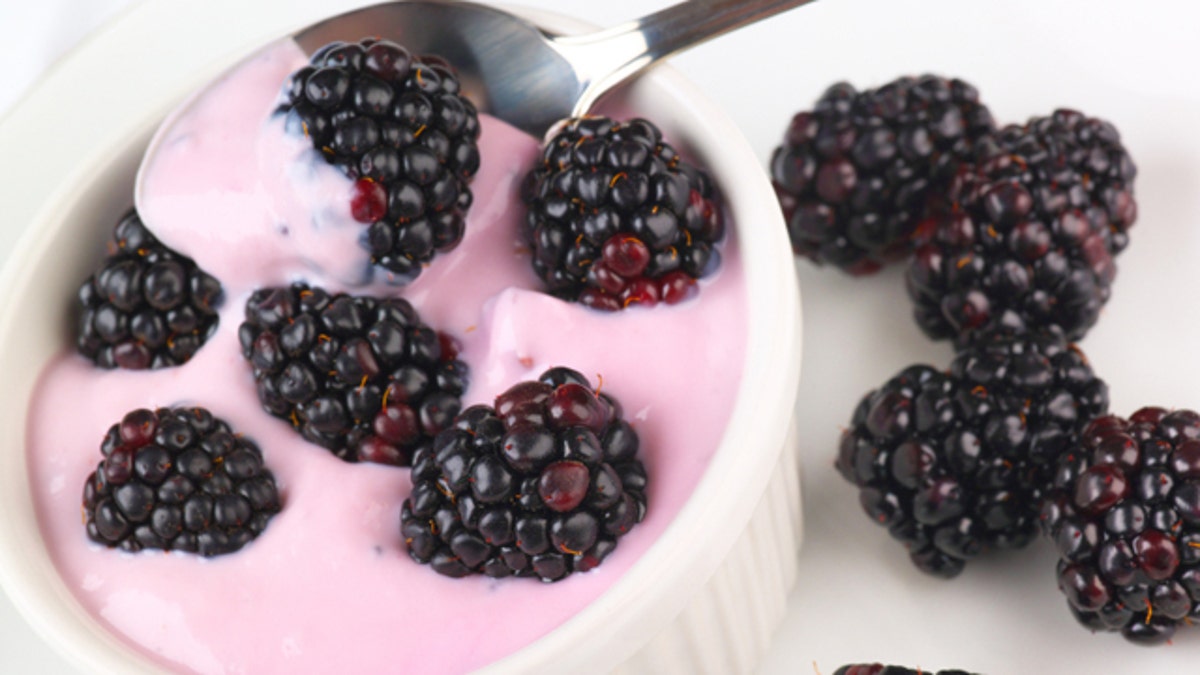
It’s said that Americans are overfed and undernourished and there is plenty of evidence to back this up, starting with the troubling fact that nearly two-thirds of U.S. adults are overweight.
Food is integral to the problem, of course. As a nation we eat too much of it –about 500 calories more each day than we did back in the 1970’s, according to the U.S. Department of Agriculture (USDA). Also at issue is the diminishing quality of the American diet; by some estimates nearly 30 percent of the calories consumed in the U.S. each day come from nutrient-starved junk food.
March is National Nutrition Month, a nutrition education and information campaign sponsored annually by the Academy of Nutrition and Dietetics (formerly the American Dietetic Association). Efforts such as this that promote healthy diet and lifestyle appear to be cultivating a better-informed and health-conscious consumer. In 20 years of tracking public attitudes about nutrition and eating the Academy says more people today consider health benefits when choosing foods. In its latest survey, Nutrition & You: Trends 2011, the organization reports that more people are consciously incorporating vegetables, fish, chicken, and whole grain foods into their diet, while cutting back on foods high in saturated fat.
Even simple improvements in food choices and mealtime routines can make a big difference.
Eat more fiber, lose more weight
Since fiber-rich foods are naturally filling, you’ll tend to eat less throughout the day. A study conducted by the United States Department of Agriculture’s Human Nutrition Research Center found that women who doubled their fiber intake cut their calorie absorption by 90 calories daily.
For sustained energy eat fiber and protein at every meal
Fiber and protein are the two nutrients that take the longest to digest. Eating them in combination at meals and for snacks keeps your blood sugar levels steady, the secret for lasting energy throughout the day.
Don’t drink your calories
Eliminate the empty calories from soda, juice, and sweetened teas, and stick to healthier alternatives such as water, unsweetened teas/coffee, and other zero-calorie beverages. A recent study published in the American Journal of Clinical Nutrition found that more than one-third of calories consumed in a day may come from sugar-sweetened drinks.
Cut fat using an oil spritzer and non-stick cookware
One tablespoon of olive oil contains 135 calories and 15 grams of fat. Rather than pour it on to food, lighten up by spritzing olive oil. One spritz is a mere 5 calories. A little provides plenty of flavor and it will help keep food from sticking while cooking in a non-stick pan.
Switch to Greek Yogurt
Just because a yogurt is fat-free doesn’t mean it is calorie-free or sugar-free. Case in point: a popular brand of fat-free organic yogurt with fruit on the bottom contains 170 calories, 35 grams of sugar, and only 7 grams of protein. The same serving of fat-free Greek yogurt is a much better choice, with just 90 calories, 7 grams of sugar, and 18 grams of healthy protein.
Tanya Zuckerbrot MS, RD, is a nationally known registered dietitian based in New York and the creator of a proprietary high-fiber nutrition program for weight loss, wellness and for treating various medical conditions. Tanya authored the bestselling weight loss book The F-Factor Diet, and she is the first dietitian with a national line of high-fiber foods, which are sold under the F-Factor name. Become a fan of Tanya on Facebook, follow her on Twitter and LinkedIn, and visit her website Ffactor.com.
